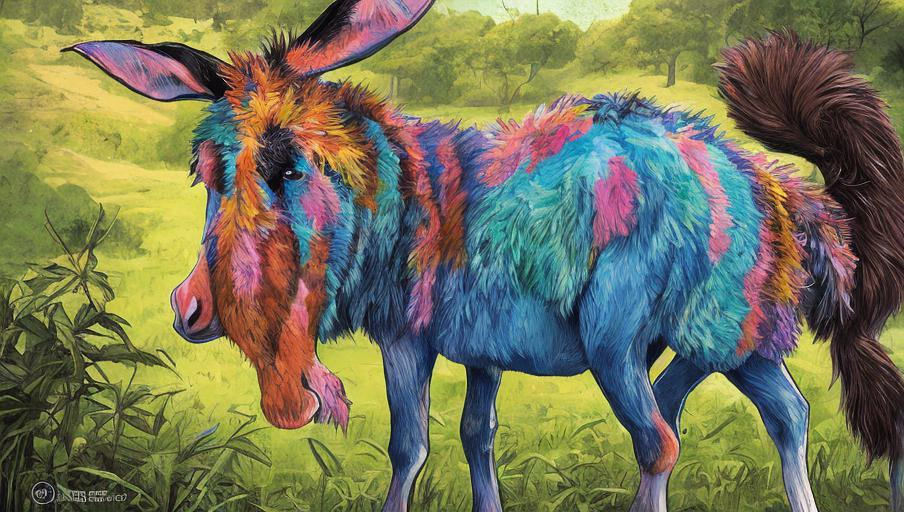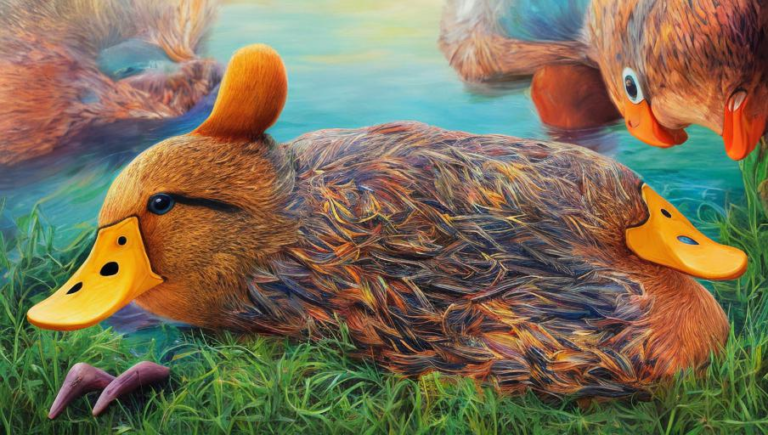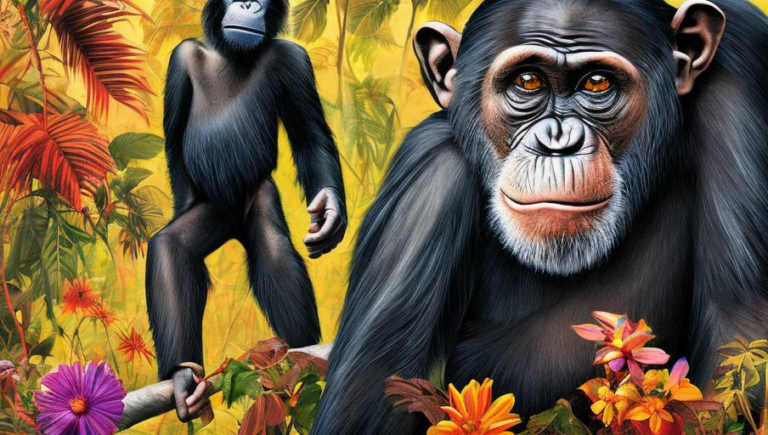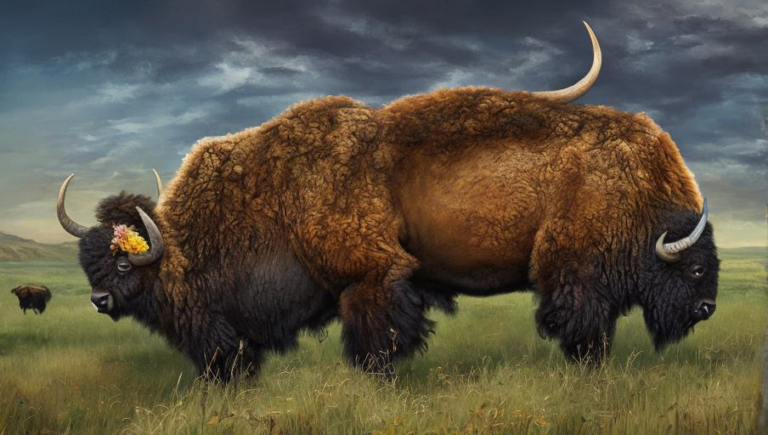Expert Tips on Caring for Donkeys

What is a Donkey?
A donkey is an animal of the Equidae family, closely related to horses and zebras. Donkeys are strong, patient, and hardworking animals and often used for carrying heavy loads, plowing fields, and pulling carts. They are also intelligent and social animals and can form strong bonds with humans.
Basic Care
Donkeys require a balanced diet of hay, grain, and minerals. They should have access to fresh water at all times, and their feet should be regularly trimmed and checked for any injuries. Donkeys should be provided with a safe and secure shelter, as well as plenty of room to roam and graze. It is important that donkeys receive regular vaccinations and parasite control to keep them healthy.
Training
Donkeys are intelligent animals and can be trained to do many tasks. They can be trained to pull carts and wagons, as well as to carry loads. To start training a donkey, it is important to establish trust and respect between the animal and the trainer. This can be done by providing treats, such as carrots or apples, and by spending time with the donkey to get to know it. Once trust is established, the donkey can be trained using positive reinforcement and rewards.
Health Care
It is important to monitor the health of a donkey regularly. Donkeys should be checked for any signs of illness or injury, such as lameness or changes in behavior. If any signs of illness or injury are present, the donkey should be taken to a veterinarian as soon as possible. Regular dental check-ups are also important to ensure that the donkey’s teeth are in good condition.
Exercise
Donkeys need regular exercise to stay healthy and fit. Exercise can be provided by taking them for short walks or by providing them with toys and activities that stimulate their minds. Donkeys should also be provided with plenty of space to roam and graze, as this allows them to explore and stay active.
Socialization
Donkeys are social animals and should be provided with plenty of opportunities to interact with humans and other animals. Donkeys should be given the chance to meet other donkeys and form friendships with them. They should also be given the opportunity to interact with humans, such as by being petted or groomed. This helps to build trust between the donkey and its human handlers.
Conclusion
Caring for a donkey requires patience, understanding, and dedication. Donkeys require a balanced diet, regular exercise, and plenty of socialization. With proper care and training, donkeys can make wonderful companions and working animals. They are strong, intelligent, and social animals that can form strong bonds with humans.





